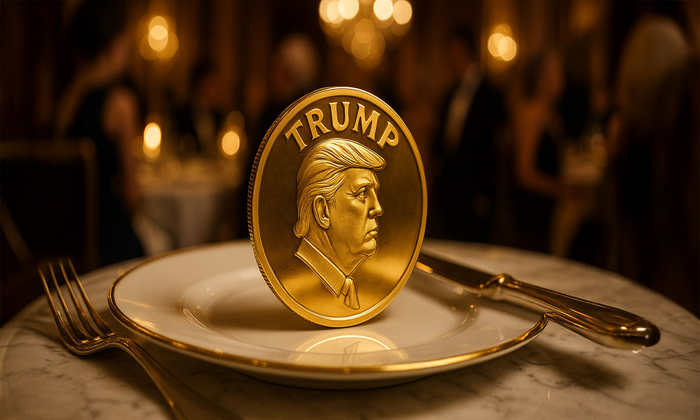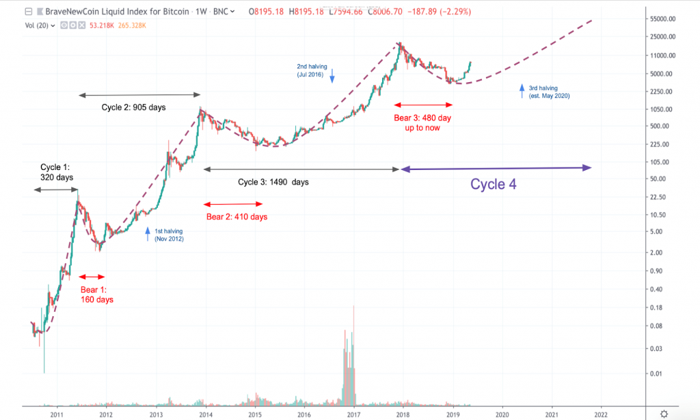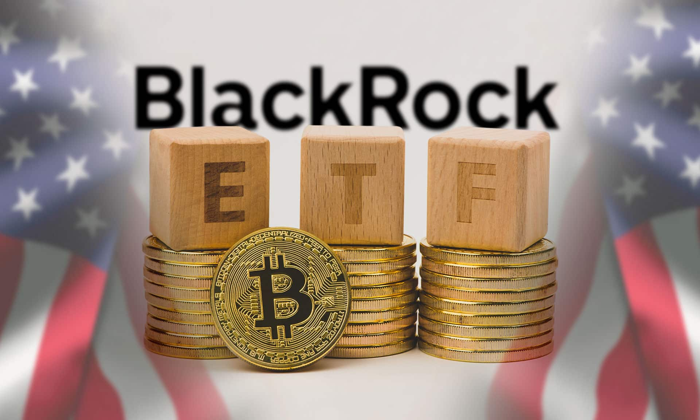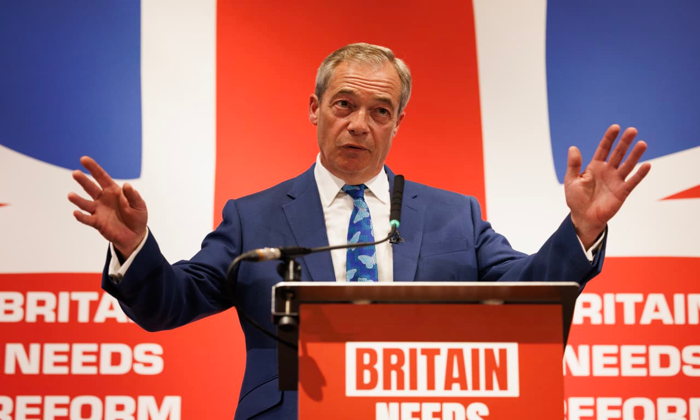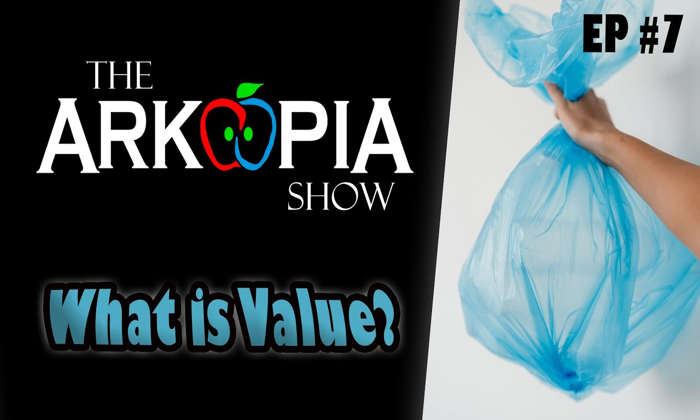The recent Trump memecoin dinner has sparked significant controversy and scrutiny, drawing the attention of top Democrats and crypto investors alike. This exclusive event, attended by over 200 guests who purchased Trump’s memecoins, has raised questions about transparency and foreign influence in political fundraising. Representative Jamie Raskin, a prominent figure on the House Judiciary Committee, has been vocal in his demands for a complete guest list, reflecting concerns about the legality of the investments involved. Critics argue that Trump’s handling of this dinner might be another chapter in the saga of White House corruption, particularly regarding the integrity of foreign capital in American politics. As the nation debates the implications of such gatherings, the intersection of memecoin mania, political ethics, and legislative oversight becomes increasingly vital.
The recent gathering featuring Donald Trump and his memecoin investors has ignited a debate over transparency in political fundraising. This dinner, designed for prominent crypto investors who bought Trump’s digital currency, raises critical concerns about the involvement of foreign entities in U.S. politics. Jamie Raskin, who plays a key role in the House Judiciary Committee, has taken the initiative to call for the disclosure of attendee identities, highlighting the risks of potential corruption linked to foreign money in political campaigns. As discussions around the implications of such events unfold, the focus on the intersection of cryptocurrency and political ethics intensifies. With calls for transparency echoing through congressional chambers, the actions surrounding this crypto investment dinner are poised to impact future legislative measures.
The Controversy Around Trump’s Memecoin Dinner
The recent dinner organized by President Donald Trump for his memecoin investors has raised eyebrows across the political landscape. With over 200 attendees, including prominent foreign investors, the event has triggered inquiries from lawmakers about potential ethical implications and transparency regarding the funding sources of such investments. Top Democrats, especially those associated with the House Judiciary Committee, are questioning whether the dinner represents a conflict of interest or a breach of laws that govern foreign influence in U.S. politics.
Critics point out that the guest list, which remains undisclosed, could potentially conceal relationships with foreign entities that might pose risks to national security and the integrity of the democratic process. Lawmakers like Representative Jamie Raskin argue that the American people have a right to know who is buying access to the president and what motivations lie behind their investments in Trump’s memecoin. This scrutiny reflects a broader concern in the political arena regarding the intersection of cryptocurrency and politics, particularly as more individuals seek to influence governmental actions through financial means.
Jamie Raskin’s Demand for Transparency
Representative Jamie Raskin has taken a leading role in demanding transparency from President Trump regarding the memecoin dinner. As the ranking Democrat on the House Judiciary Committee, he articulated the need for accountability in a letter addressed to the president. Raskin’s call for the disclosure of the guest list emphasizes the potential influence that foreign investors might exert on American policies, particularly when dealing with currencies that operate outside traditional financial regulations.
Raskin’s efforts are supported by a coalition of lawmakers, including several senators from the Democratic Party, who share the view that such gatherings could signal a troubling trend of utilizing personal connections and financial contributions for political gain. The inquiry into Trump’s memecoin dinner aligns with a broader legislative focus on cryptocurrency regulation and foreign investment scrutiny, highlighting the intersection of emerging technologies and old-world political ethics.
The Implications of Memecoins in Politics
Memecoins, a form of cryptocurrency often created as a joke or in reference to internet culture, have increasingly gained traction in financial markets and political discussions alike. Trump’s decision to host a dinner for memecoin investors not only underscores the financial appeal of these digital currencies but also raises questions about their legitimacy and regulatory oversight. As the cryptocurrency landscape becomes more intertwined with traditional political systems, the need for comprehensive regulations becomes ever more pressing.
The rise of memecoins like $TRUMP reflects a growing interest among crypto investors to capitalize on cultural phenomena, but with that comes the challenge of ensuring ethical practices in political fundraising and lobbying. Lawmakers, influenced by concerns raised by figures like Raskin, are pushing for greater disclosure and control over how such funds are acquired and used. This scrutiny reflects broader societal debates over the role of money in politics and the ethical implications of accepting funds from sources that may not align with democratic values.
Bipartisan Concerns Over Foreign Investment
The memecoin dinner has sparked bipartisan concern among U.S. lawmakers regarding foreign investments in American political figures. Many representatives, including some Republicans, worry that the disclosure of foreign investors could reveal vulnerabilities in the political landscape. Trump’s critics, spearheaded by Democrats like Jamie Raskin, have cited the need for transparency as a way to foster trust within the political system and address potential vulnerabilities that foreign interests could exploit.
With growing discussions around cryptocurrency regulation, the involvement of international investors in domestic political events illustrates the challenges posed by inadequate oversight. Lawmakers across the aisle are recognizing that as the line between finance and politics blurs, the need for comprehensive legislation becomes increasingly critical to safeguarding national interests from external influences. This bipartisan effort signifies a common understanding that transparency is essential for preserving the democratic fabric of the nation.
The Role of Legislation in Regulating Cryptocurrencies
As the memecoin phenomenon continues to sweep the nation, calls for regulatory clarity around cryptocurrencies have intensified. Incidents like Trump’s memecoin dinner highlight the urgent need for a legislative framework to address potential ethical issues and ensure compliance with existing laws. Without comprehensive oversight, there remains a significant risk of misuse of funds and a lack of accountability for those engaging in cryptocurrency transactions linked to political contributions.
Lawmakers are increasingly recognizing that the current regulatory landscape is ill-equipped to handle the rapid evolution of cryptocurrencies. This has led to discussions about the need to establish guidelines which would govern how digital currencies can be used in political fundraising. Ensuring transparency and legality in these transactions is vital for maintaining public trust and preventing corruption, especially in light of events where large sums of money may stem from questionable sources connected to influential foreign entities.
The Future of Crypto in Political Campaigning
The implications of Trump’s memecoin dinner extend to how cryptocurrencies will shape future political campaigning. As candidates begin to integrate digital currencies into their fundraising efforts, it raises important questions about the sustainability and ethics of such practices. The growing acceptance of cryptocurrencies in mainstream finance suggests that they will not only influence everyday transactions, but also how political figures interact with their constituents and manage campaign finances.
Crypto investors are already redefining the rules of engagement in political fundraising, and this trend has significant implications for the democratic process. The ease of transferring large sums of money via digital currencies may change the dynamics of political contributions, potentially leading to further calls for regulation and transparency. As legislators grapple with the impact of such innovations, it remains critical to assess how these developments affect accountability and the power balance between elected officials and their financial backers.
Public Sentiment Towards Political Fundraising
The public’s reaction to Trump’s memecoin dinner reflects broader sentiments about political fundraising and the influence of money in politics. Many citizens express concern over the perceived opacity surrounding who funds political candidates and the potential for unequal access. Events like the dinner can contribute to feelings of disenfranchisement among voters who may view wealthy donors as wielding undue influence over elected officials.
As political fundraising continues to evolve with the advent of cryptocurrencies, there is a pressing need for all stakeholders to engage in open dialogues about the ethical implications of these practices. Public sentiment suggests a demand for increased accountability and transparency, particularly when foreign entities might have interests tied to political decisions. It is essential for politicians to address these concerns proactively to restore faith in the political process and ensure that all voices are heard in the democratic dialogue.
Conclusion: Navigating Ethical Dilemmas in a Digital Age
In conclusion, the ethical dilemmas posed by Trump’s memecoin dinner exemplify the complexities faced by politicians in the digital age. As cryptocurrencies gain prominence and influence over political landscapes, the need for innovative regulations and clear ethical guidelines has never been more urgent. The involvement of high-profile individuals and foreign investors in events like the memecoin dinner highlights potential vulnerabilities that must be addressed to maintain the integrity of the political system.
As lawmakers like Jamie Raskin continue to advocate for transparency and accountability, the conversation surrounding political fundraising in the era of cryptocurrency promises to evolve. Engaging stakeholders and the public in discussions about these issues is crucial for crafting policies that not only regulate but also adapt to the realities of a rapidly changing financial ecosystem.
Frequently Asked Questions
What happened at Trump’s memecoin dinner that raised concerns among lawmakers?
Trump’s memecoin dinner attracted attention after more than 200 crypto investors, including foreign buyers, were invited. This event raised concerns among lawmakers, particularly Representative Jamie Raskin, about potential illegal foreign influence and lack of transparency in Trump’s crypto business dealings.
Who is Jamie Raskin and why is he involved with Trump’s memecoin dinner?
Jamie Raskin is a senior Democratic member of the House Judiciary Committee. He has questioned President Trump’s memecoin dinner, demanding the guest list to ensure transparency regarding the foreign investors involved in the event, highlighting potential risks of foreign government emoluments.
Why did Jamie Raskin demand the guest list from Trump’s memecoin dinner?
Raskin demanded the guest list from Trump’s memecoin dinner to investigate the identities of the attendees, as many were foreign investors. He wants to prevent illegal emoluments and ensure the legitimacy of the funds used to purchase $TRUMP coins.
What implications could Trump’s memecoin dinner have for crypto investors?
Trump’s memecoin dinner raises significant implications for crypto investors, particularly regarding regulatory scrutiny. If lawmakers uncover ties to foreign investors, it could lead to increased oversight of memecoins and possible legal challenges regarding foreign influence in U.S. politics.
How might Trump’s memecoin dinner affect future congressional actions?
While Trump’s memecoin dinner has prompted demands for transparency from lawmakers like Jamie Raskin, any significant congressional action may depend on the outcomes of the upcoming elections. If Democrats regain power, they may pursue further investigations into the event and its implications.
What was the reaction from other lawmakers about Trump’s memecoin dinner?
Beyond Jamie Raskin, several other lawmakers, including Senators Elizabeth Warren and Chris Murphy, expressed concern over Trump’s memecoin dinner. They argue that the event could exemplify ethical breaches and emphasize the need for scrutiny of foreign investment in U.S. political figures and their businesses.
What specific questions did Jamie Raskin pose to Trump regarding the memecoin dinner?
Jamie Raskin specifically asked Trump to release the names of all attendees at the memecoin dinner and the sources of the funds they used to purchase $TRUMP coins, to prevent any illegitimate foreign influence or illegal activities.
| Key Point | Details |
|---|---|
| Demand for Guest List | Representative Jamie Raskin requested President Trump to disclose the names of attendees at his memecoin dinner for transparency. |
| Concerns Over Foreign Investors | Democrats questioned the appropriateness of having largely foreign investors at the dinner, emphasizing the need for clarity on the funding sources for the memecoin purchases. |
| Political Implications | The demands made by Raskin and other Democrats could be perceived as part of a broader investigation into potential corruption linked to the Trump administration’s dealings with foreign investors. |
| Call for Legitimacy | Raskin’s letter emphasizes the necessity for Trump to prove that the funds used for the memecoin were legally sourced, addressing concerns about possible foreign influence. |
Summary
The Trump memecoin dinner has sparked significant controversy as top Democrats, led by Jamie Raskin, demand transparency regarding the attendees and the legitimacy of the funds used for the purchases. With concerns over the influence of foreign investors, this event raises questions about the integrity of the Trump administration’s handling of crypto investments. The scrutiny reflects ongoing political tensions and highlights the need for accountability in dealings that could potentially involve foreign entanglements.
The recent Trump memecoin dinner has sparked significant controversy, as top Democrats demand transparency regarding the guest list of this event. Representative Jamie Raskin, a key figure on the House Judiciary Committee, has raised concerns about the implications of a dinner attended by over 200 investors in Trump’s cryptocurrency venture. Critics argue that the dinner may indicate potential corruption involving foreign investors in the Trump administration’s crypto dealings. As Raskin calls for greater accountability, the disharmony between the presidency and lawmakers intensifies, bringing the spotlight on the ethics of political fundraising in the realm of digital currencies. The intertwining of politics and memecoins raises questions that crypto investors and political watchdogs alike are eager to unravel.
In the wake of the recent event involving the former president, discussions surrounding the Trump dinner for memecoin investors have become a focal point of political scrutiny. Lawmakers, particularly from the Democratic side of the aisle, are questioning the appropriateness and legality of such gatherings that involve significant financial backers from the cryptocurrency space. This controversy is emblematic of broader concerns regarding transparency and accountability in political financing, especially when foreign stakeholders are involved. With Jamie Raskin leading the charge, questions regarding the origins of funds used in purchasing memecoins like $TRUMP are at the forefront. As new forms of fundraising blur the lines of ethics and legality, both political and crypto communities are compelled to examine the implications of such lucrative intersections.
